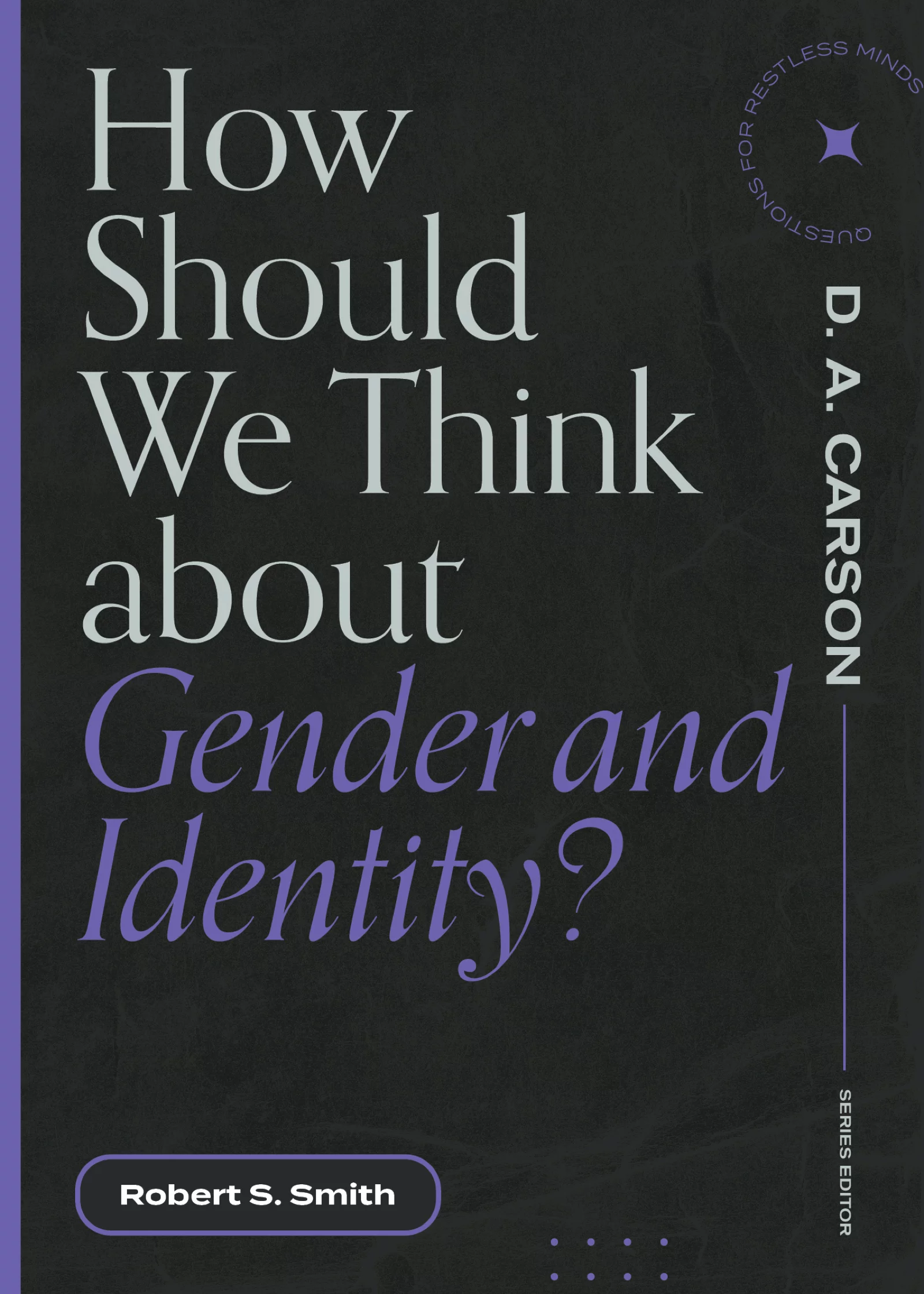

How Should we Think About Gender and Identity?:(Questions for Restless Minds)
Robert Smith
Lexham Press
Speak with biblical clarity on gender and identity.
Can someone be born with the wrong body? This question raises moral, social, and legal implications. Do you have a biblical response?
In How Should We Think about Gender and Identity?, Robert S. Smith recognizes that to properly respond, we must first understand. Smith first defines terms and outlines the history and current debates around transgender. God’s word is brought to bear, including its perspective on creation and sin, sex and gender, and body and soul. Learn how you can thoughtfully engage the debate with conviction and display the love of Jesus to your transgender neighbor.
